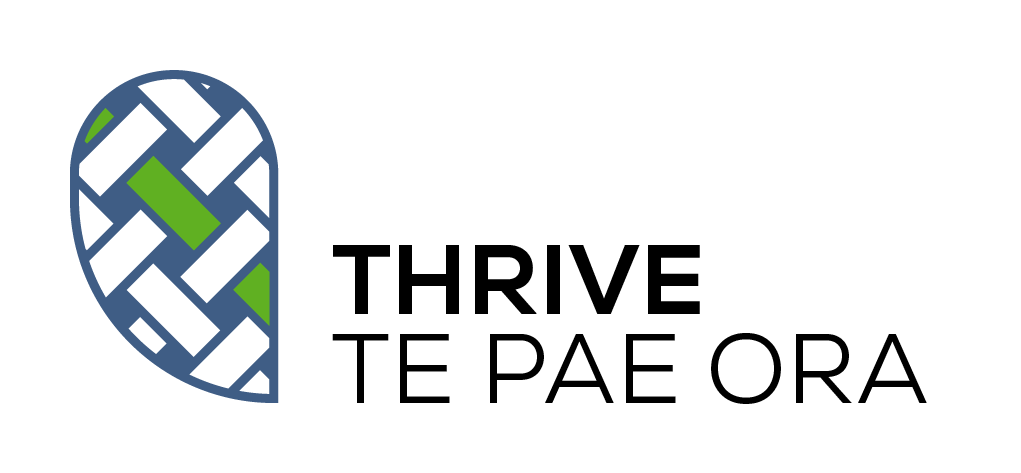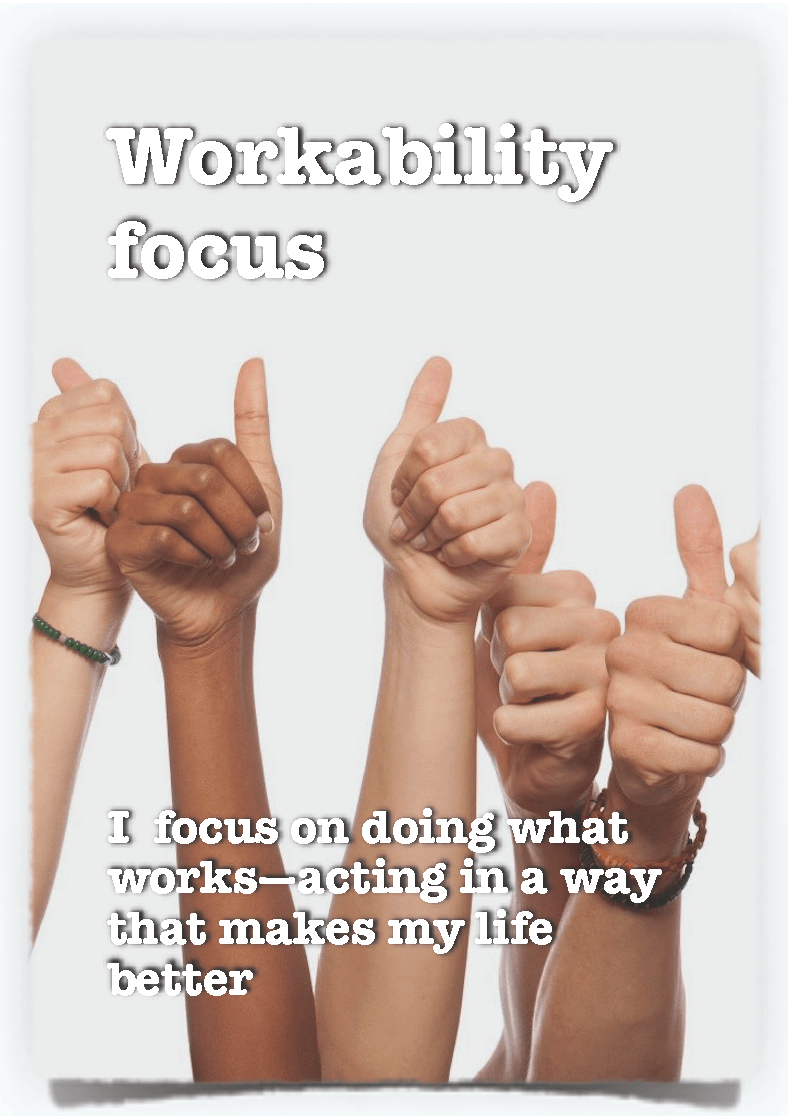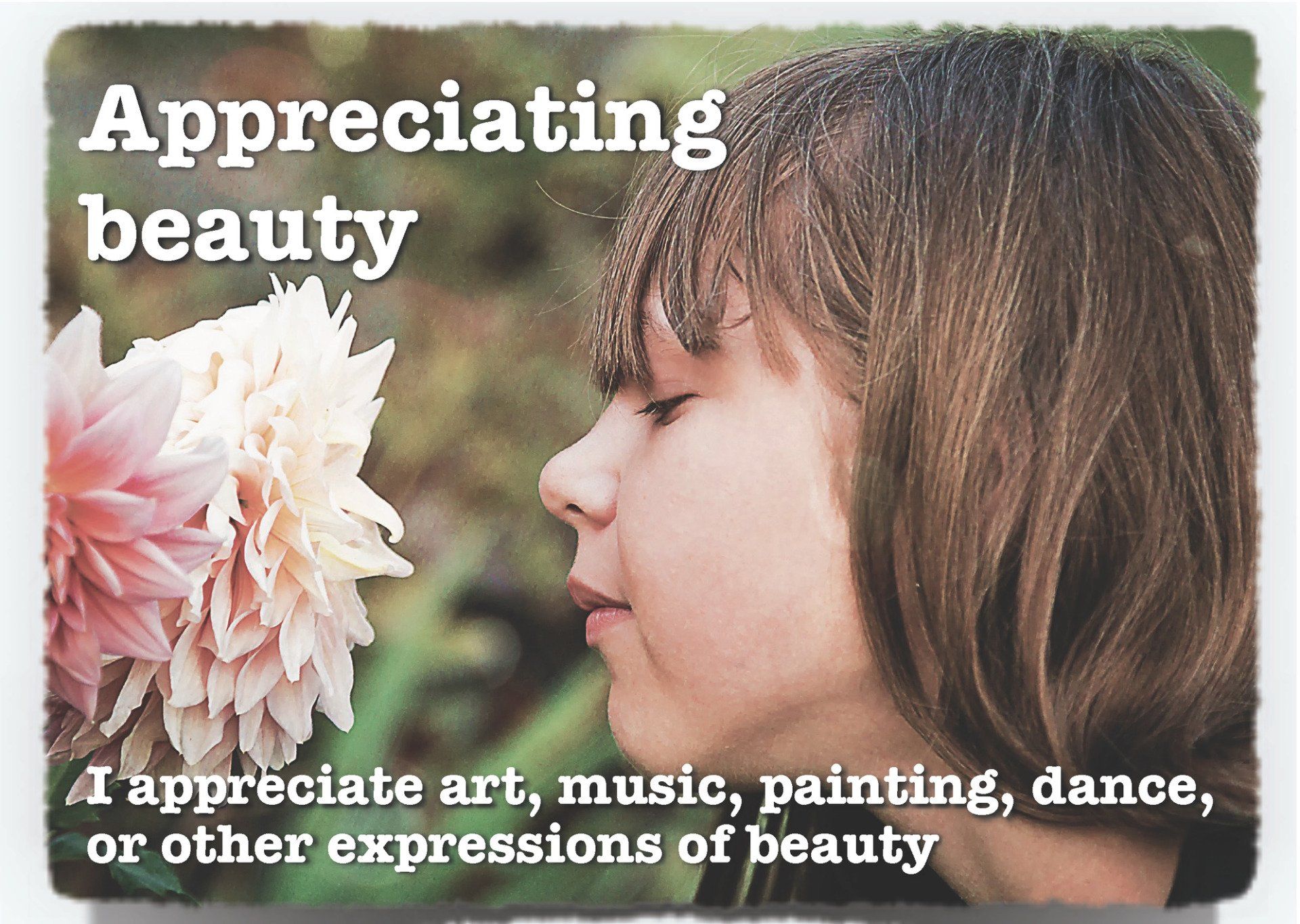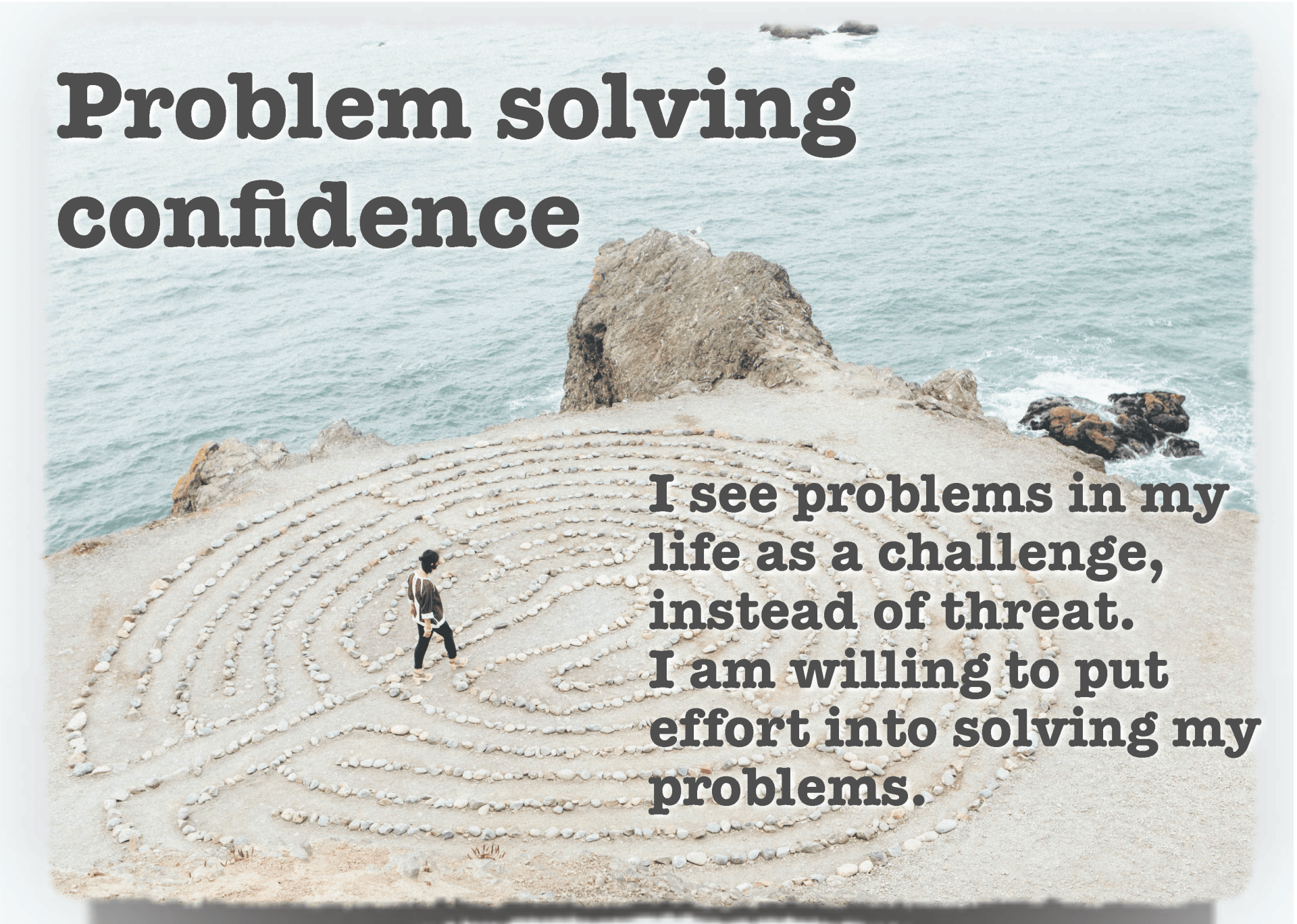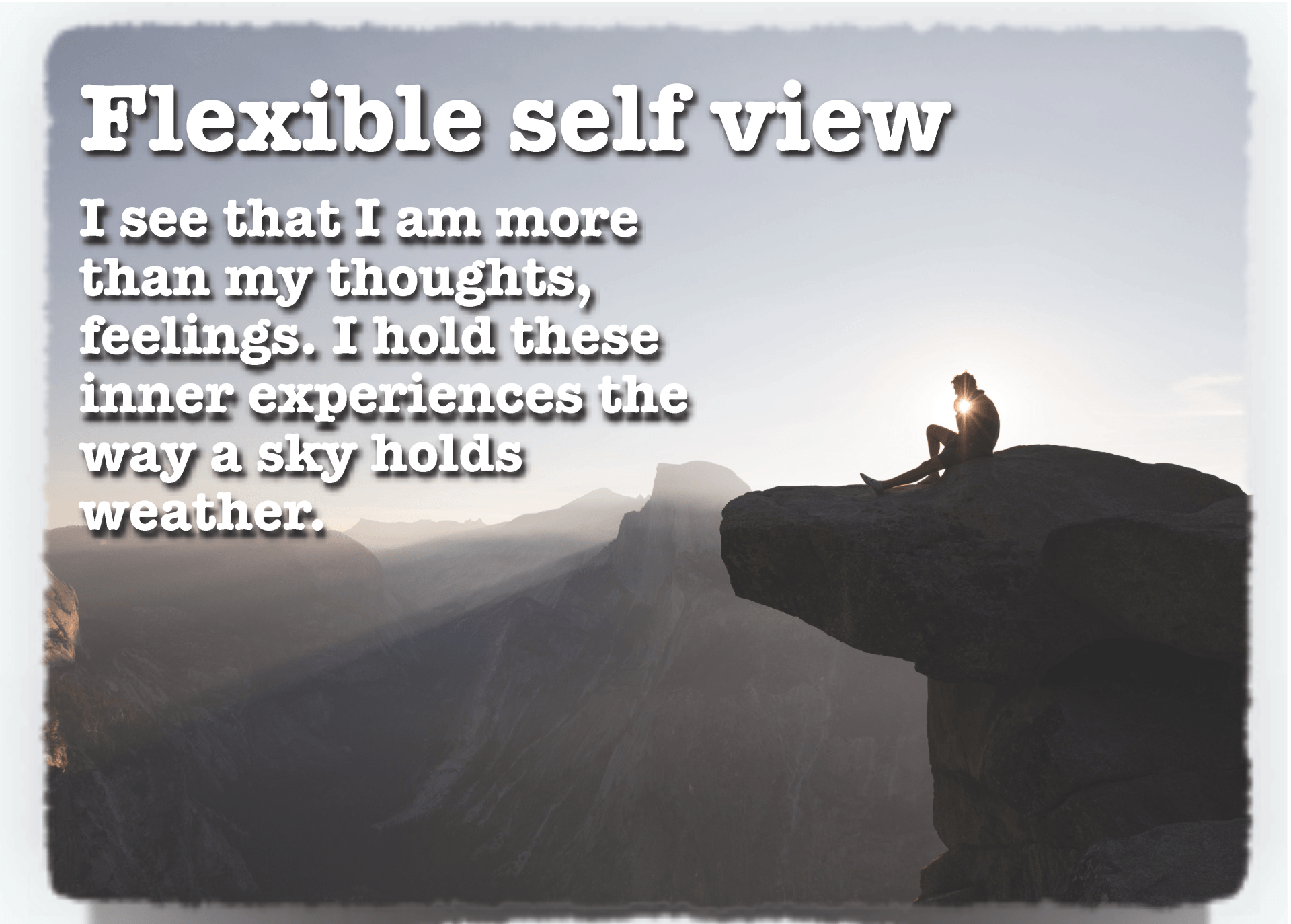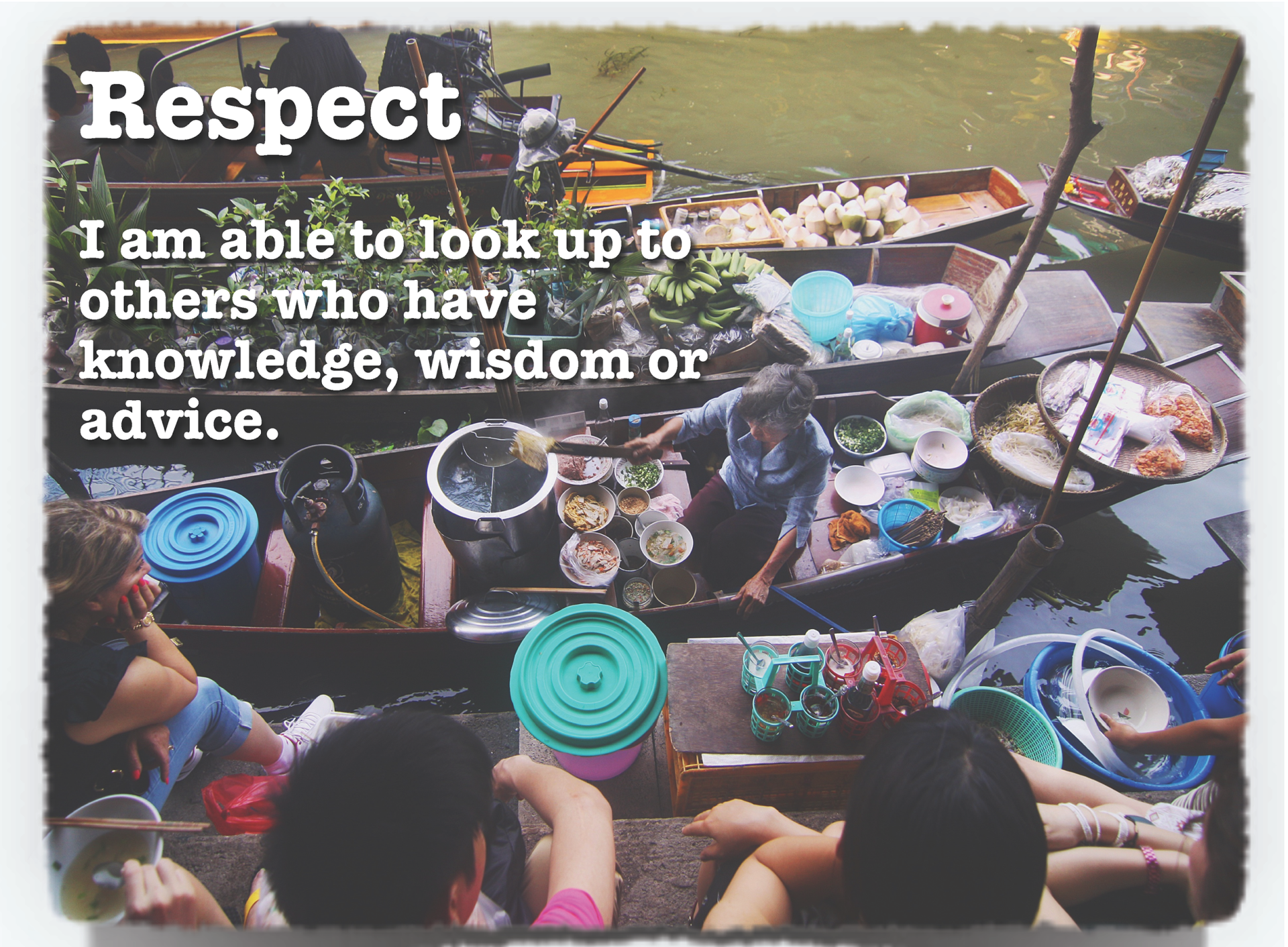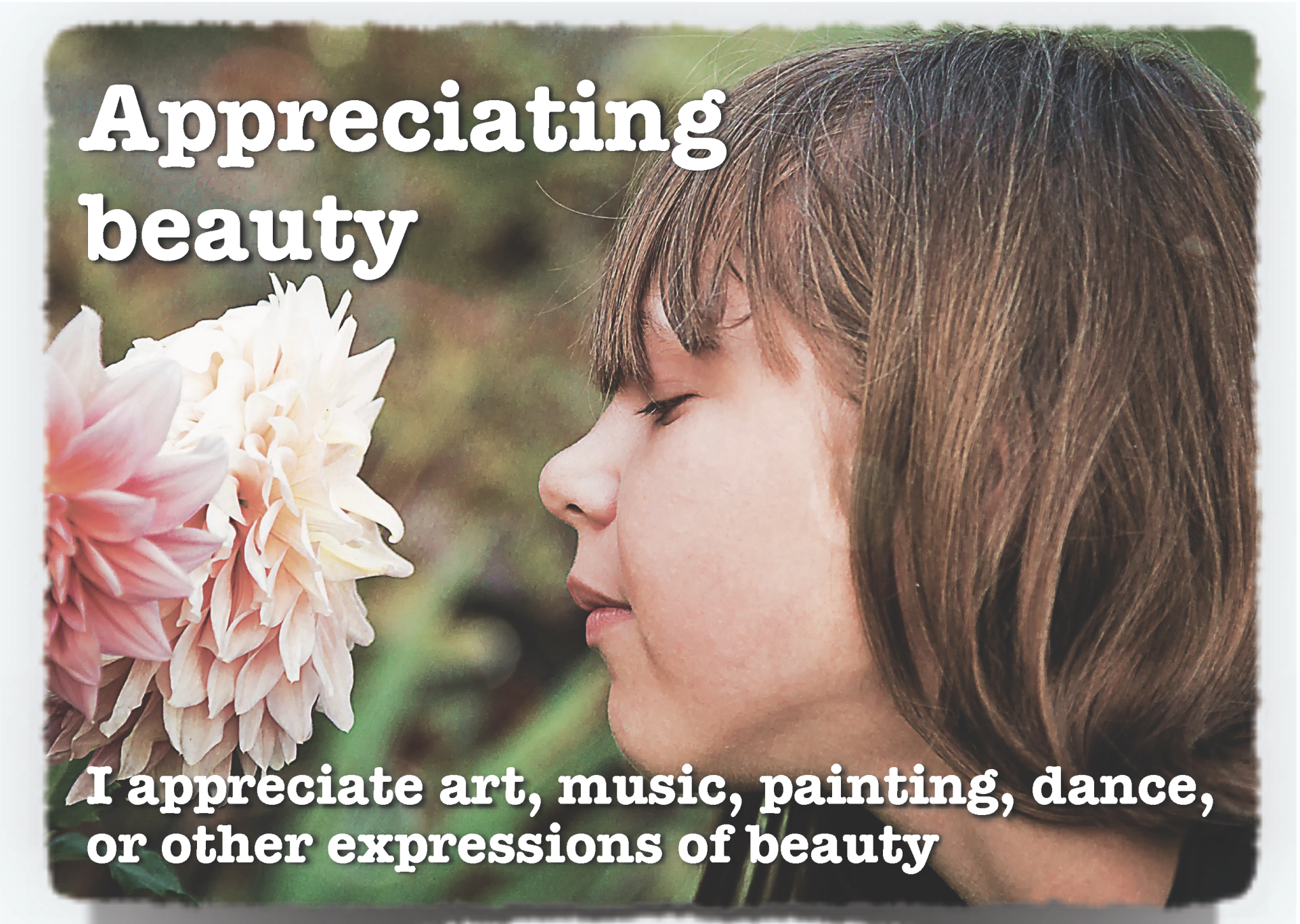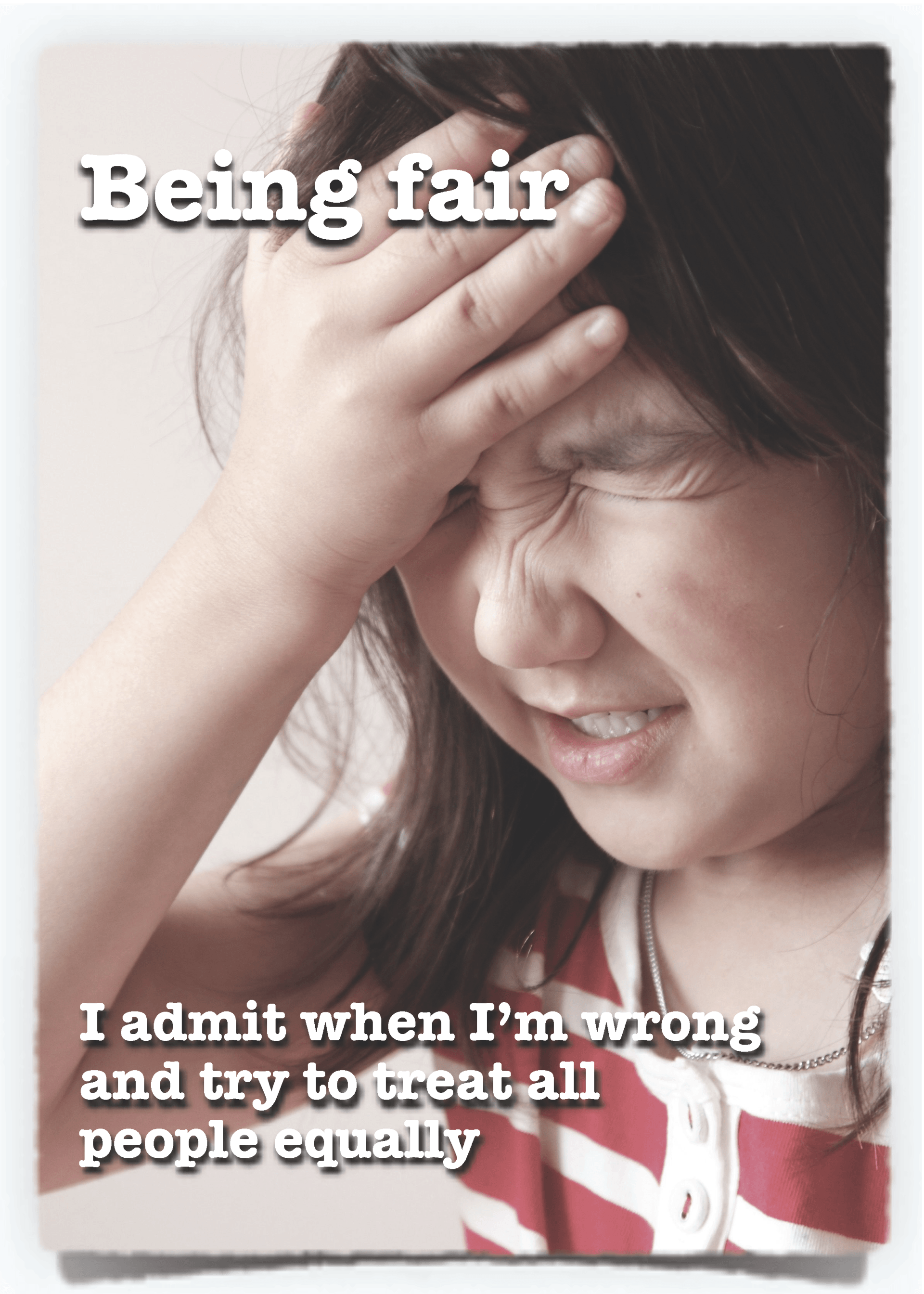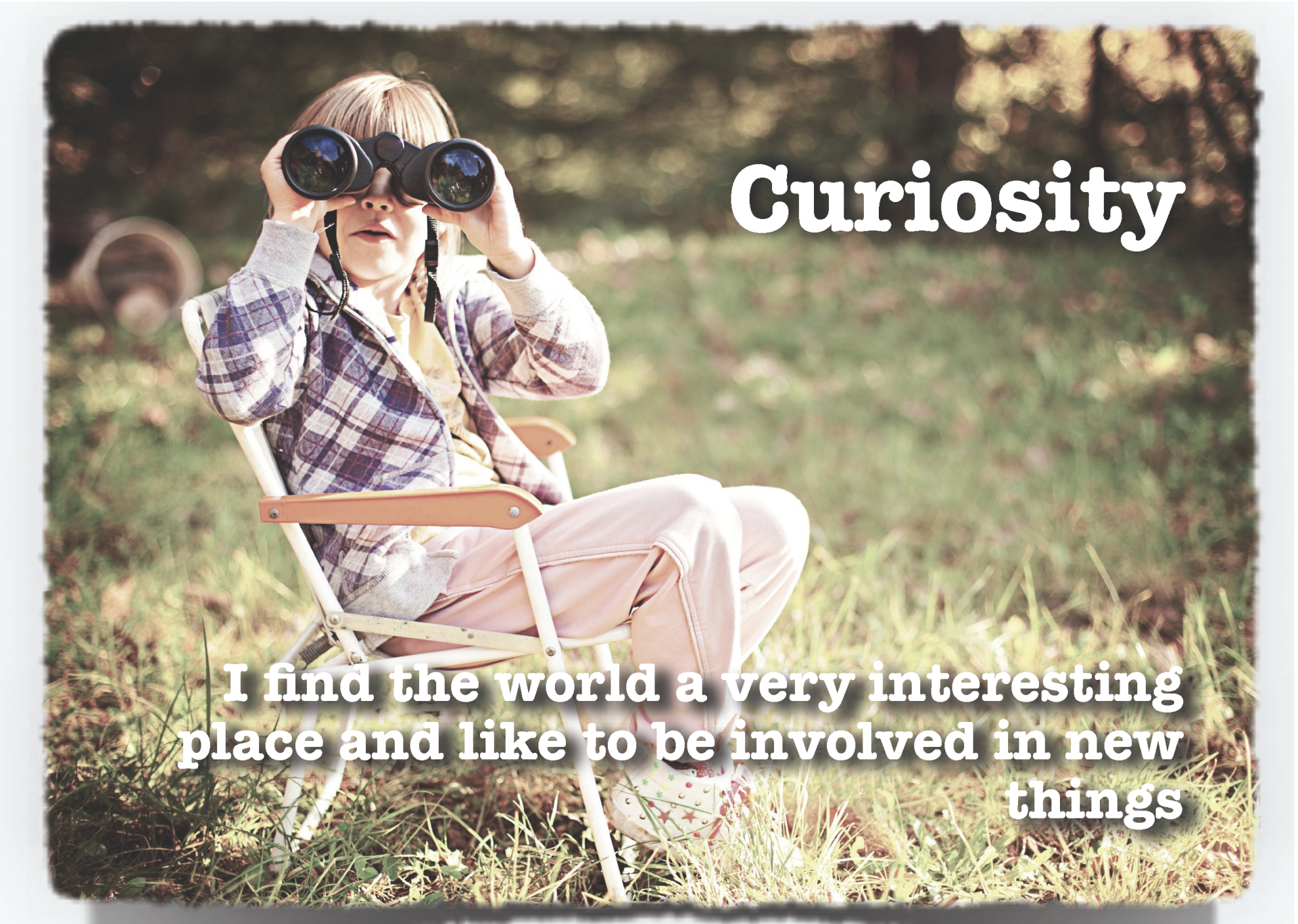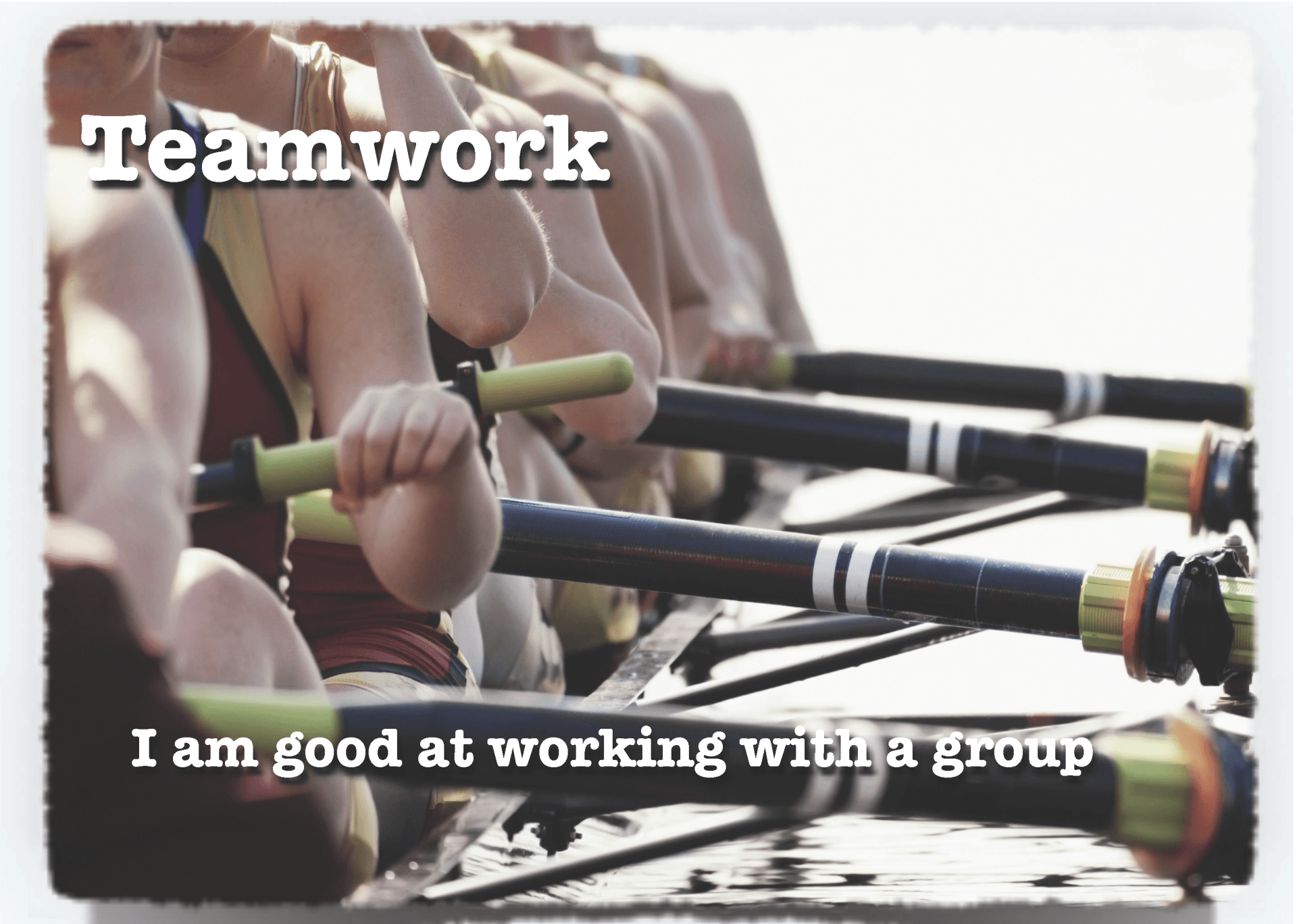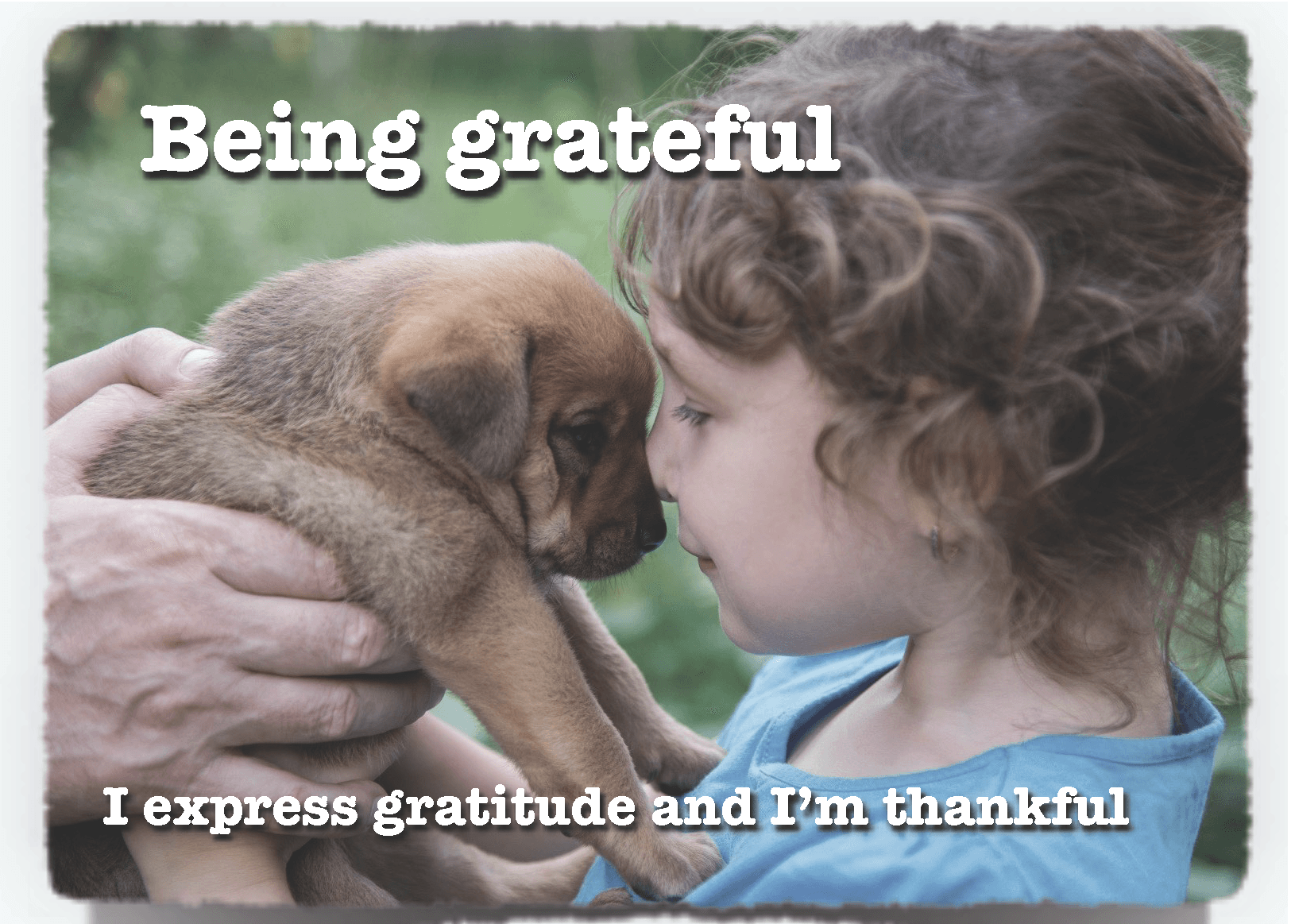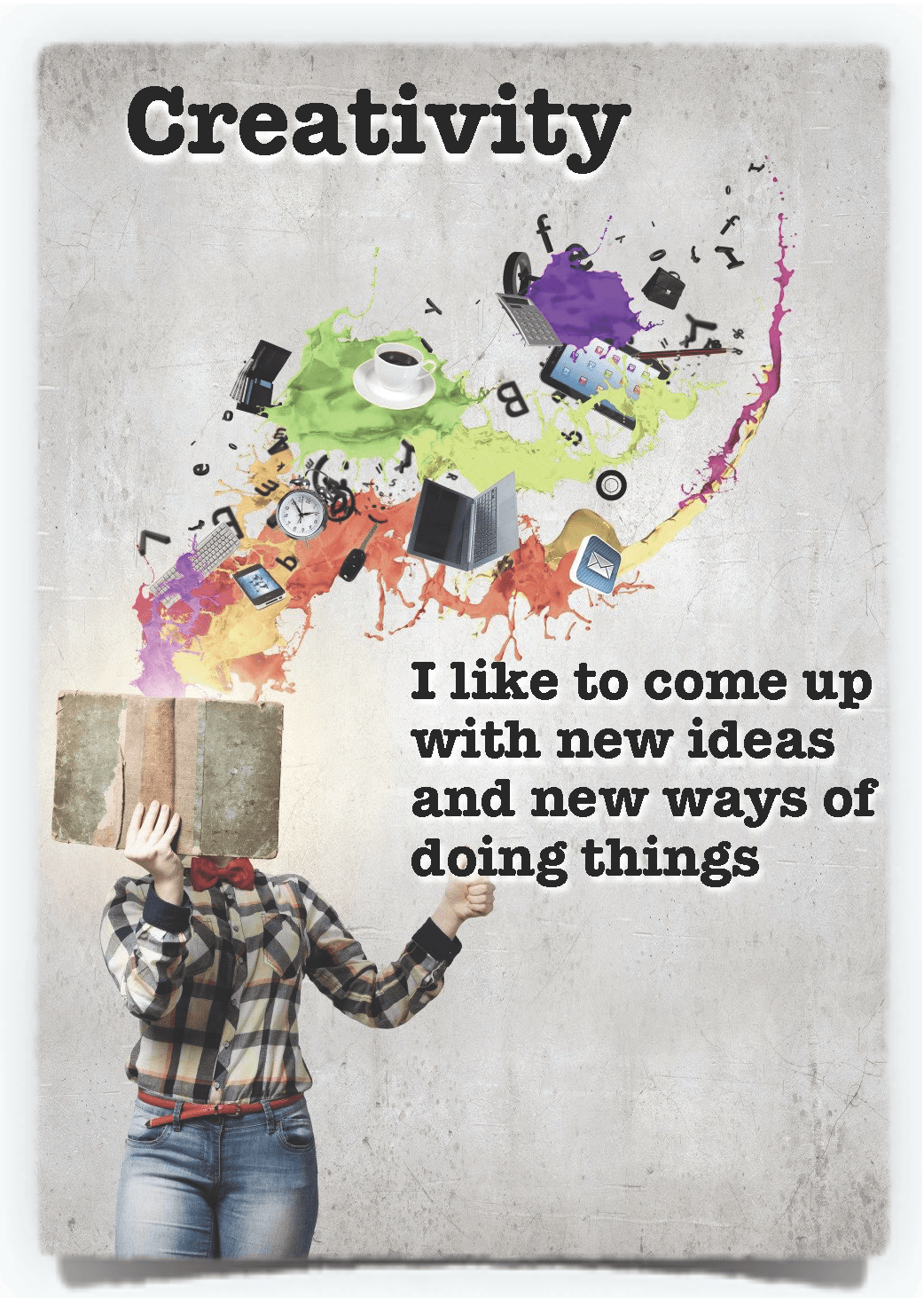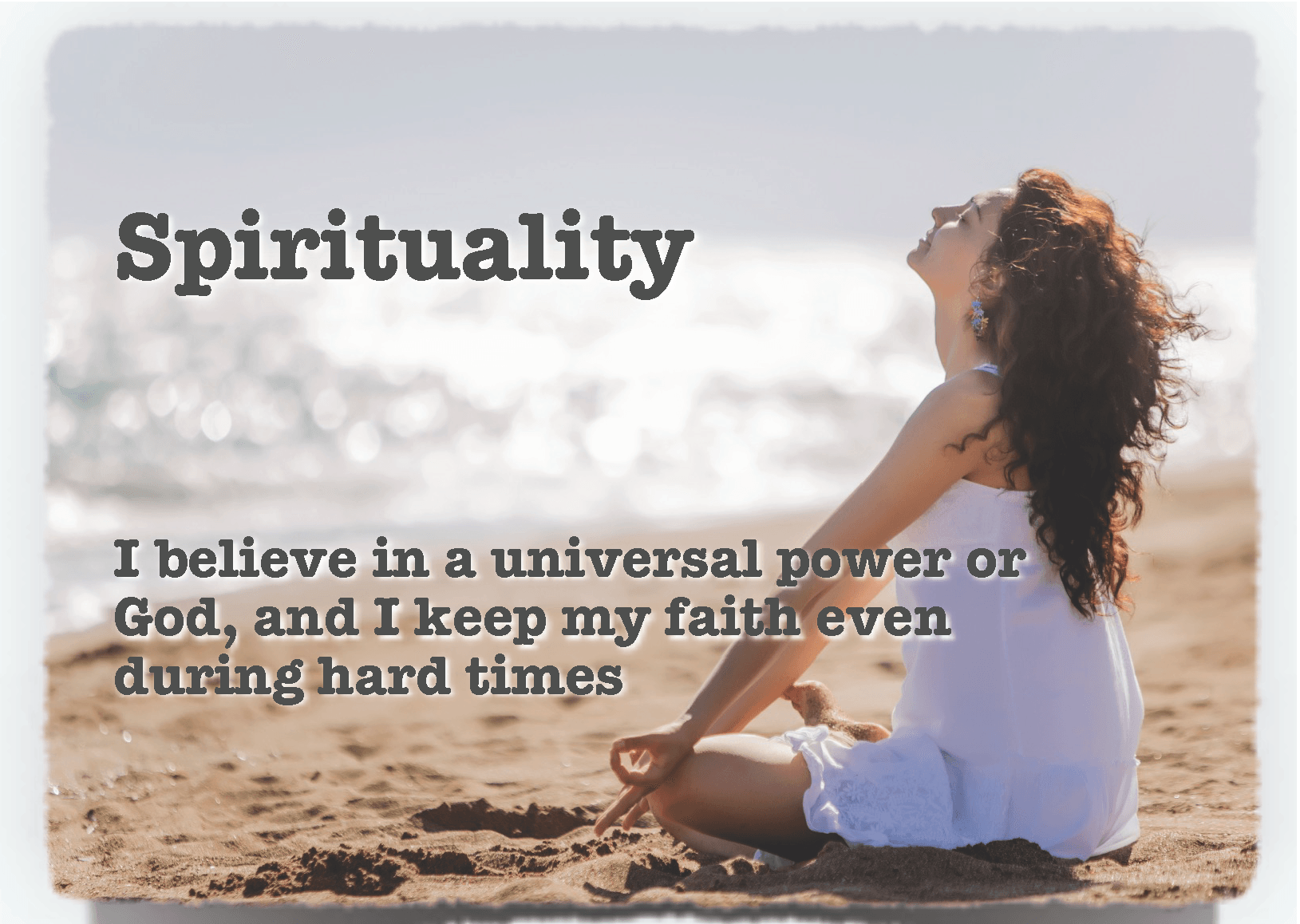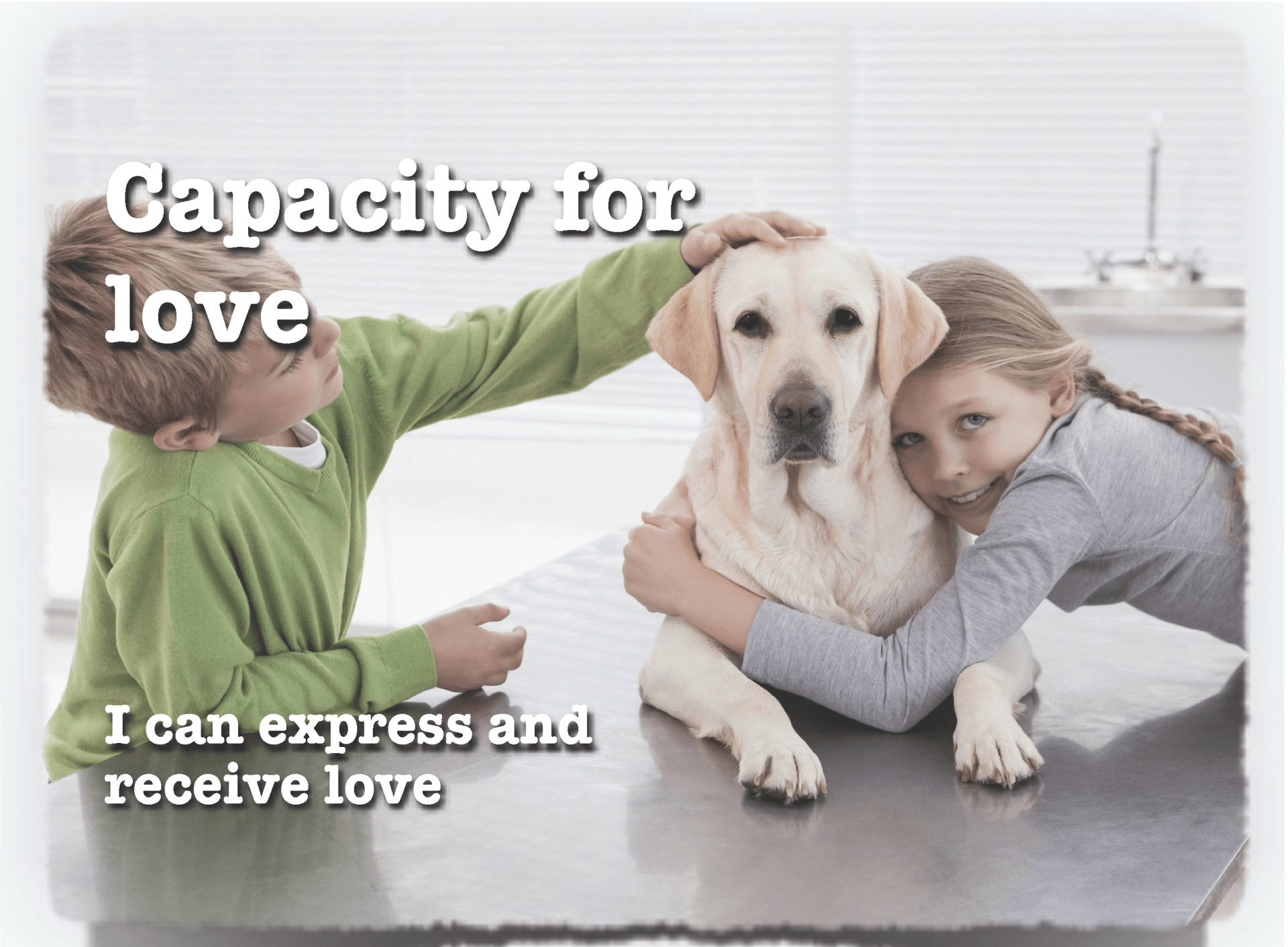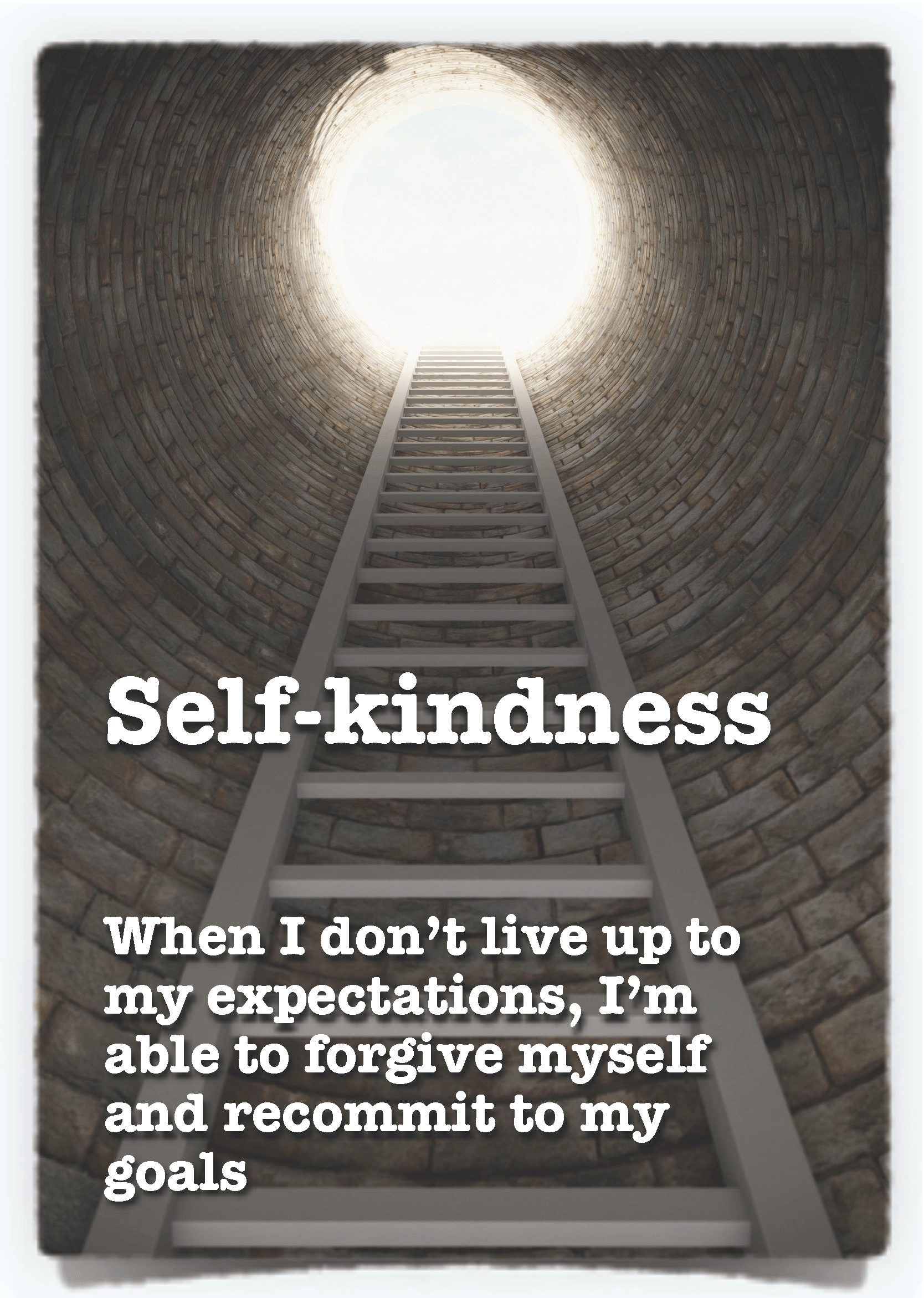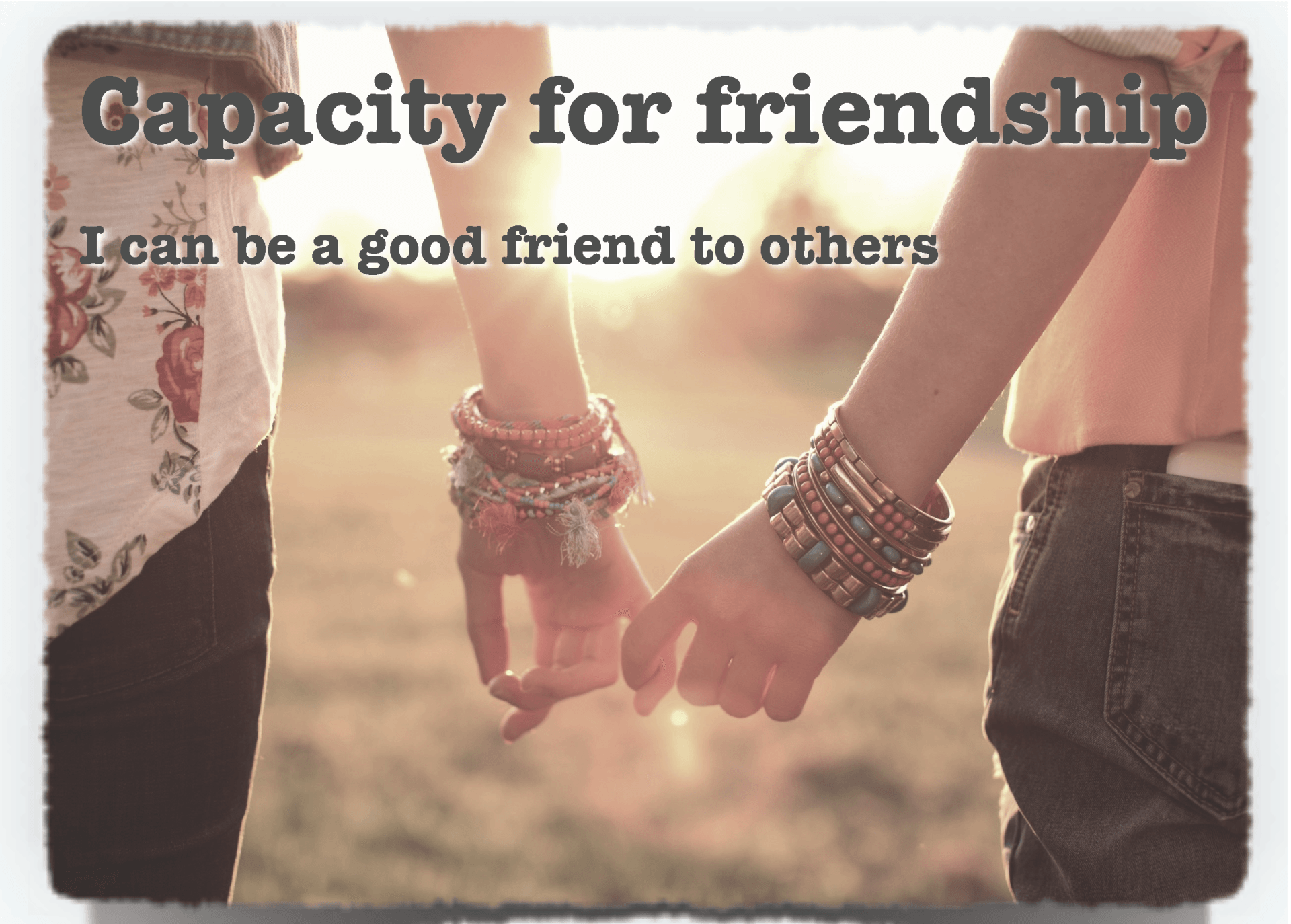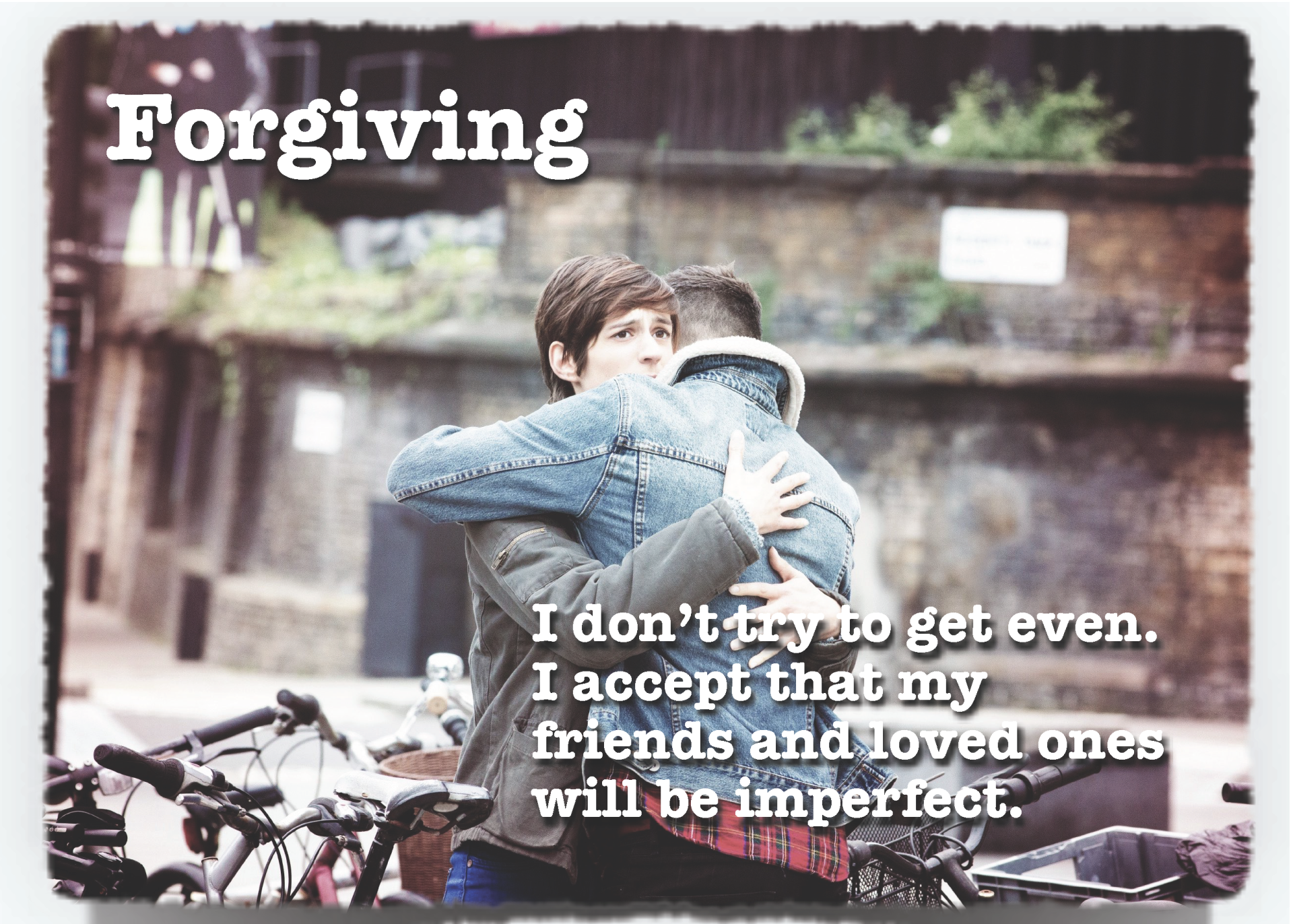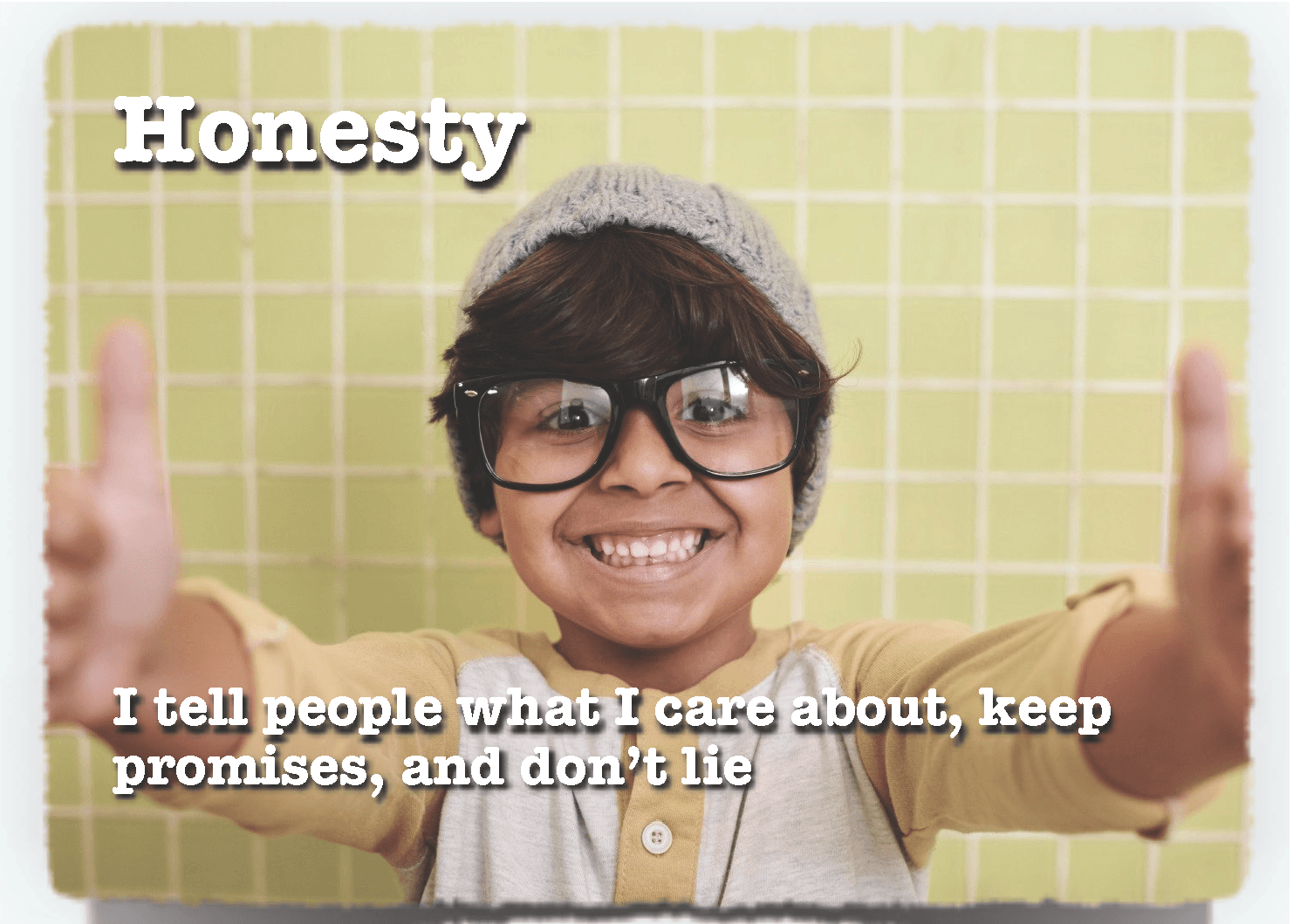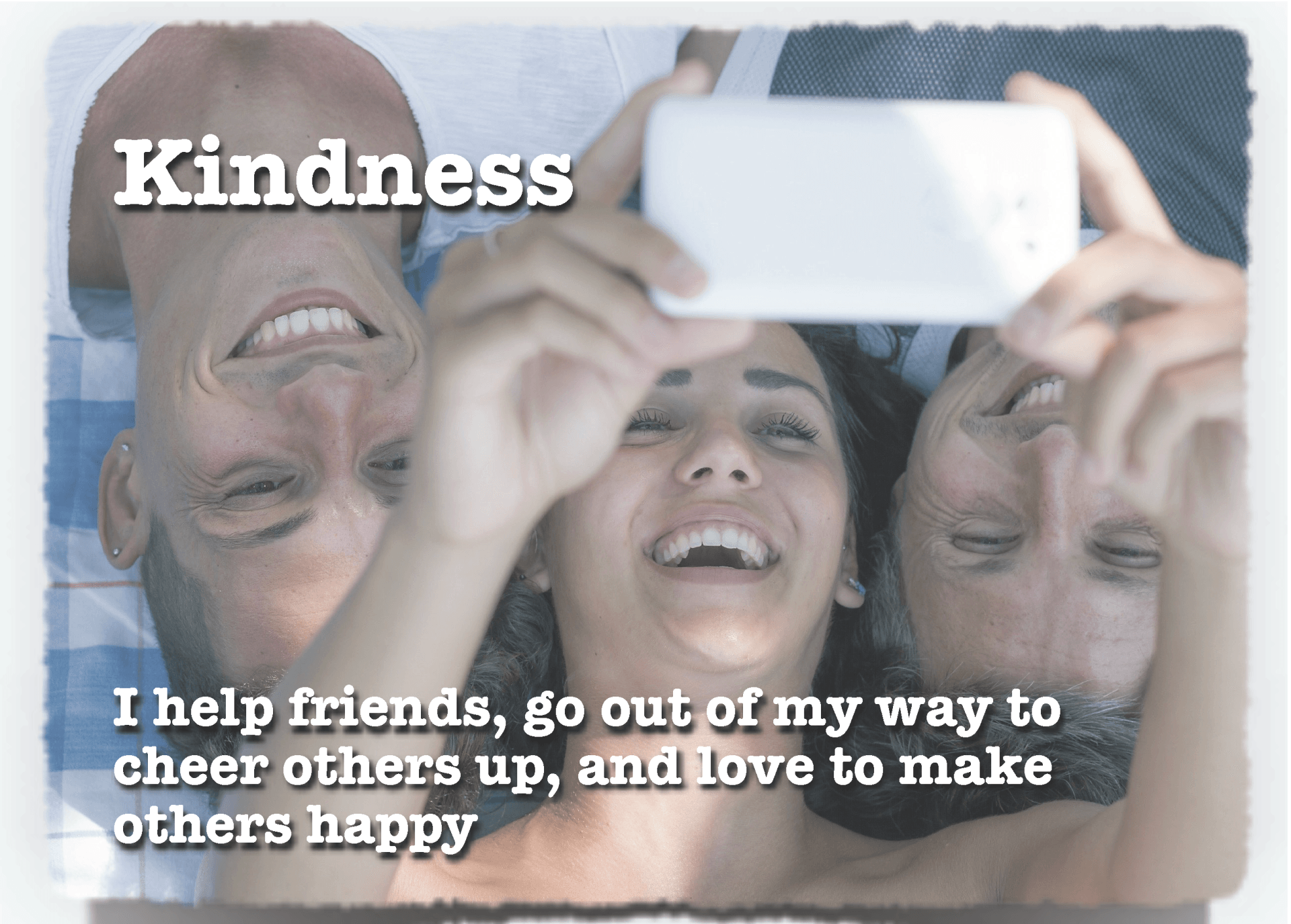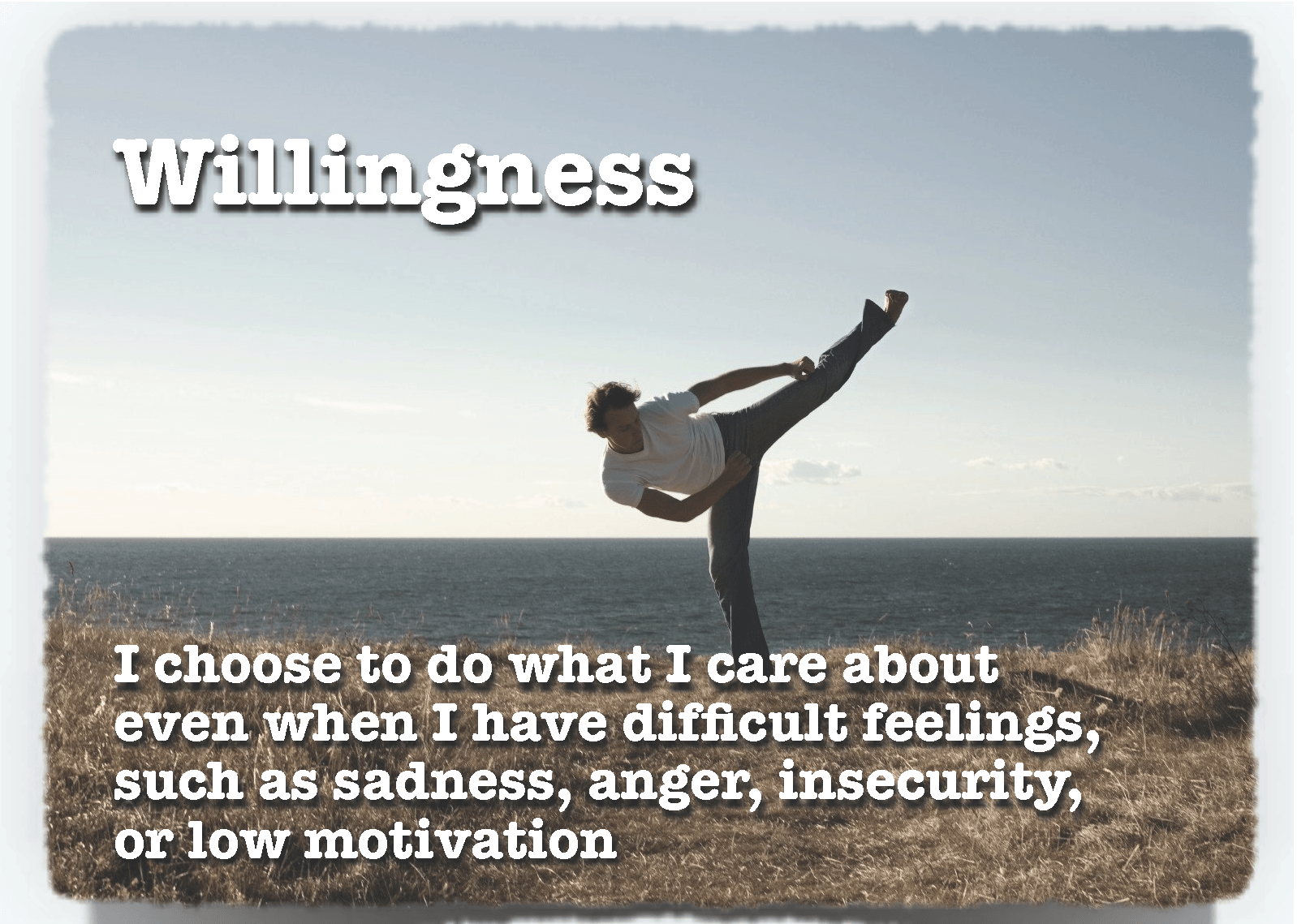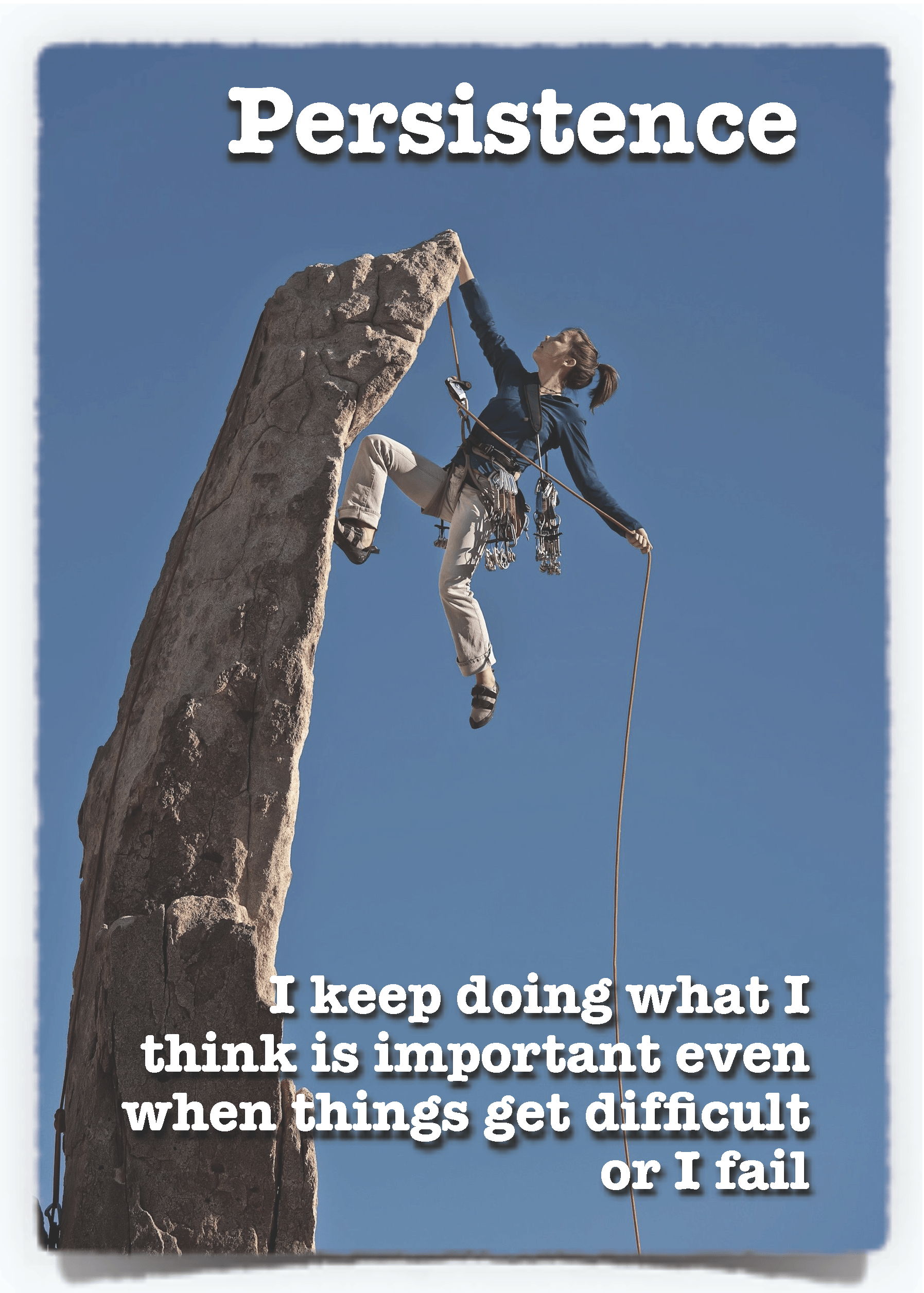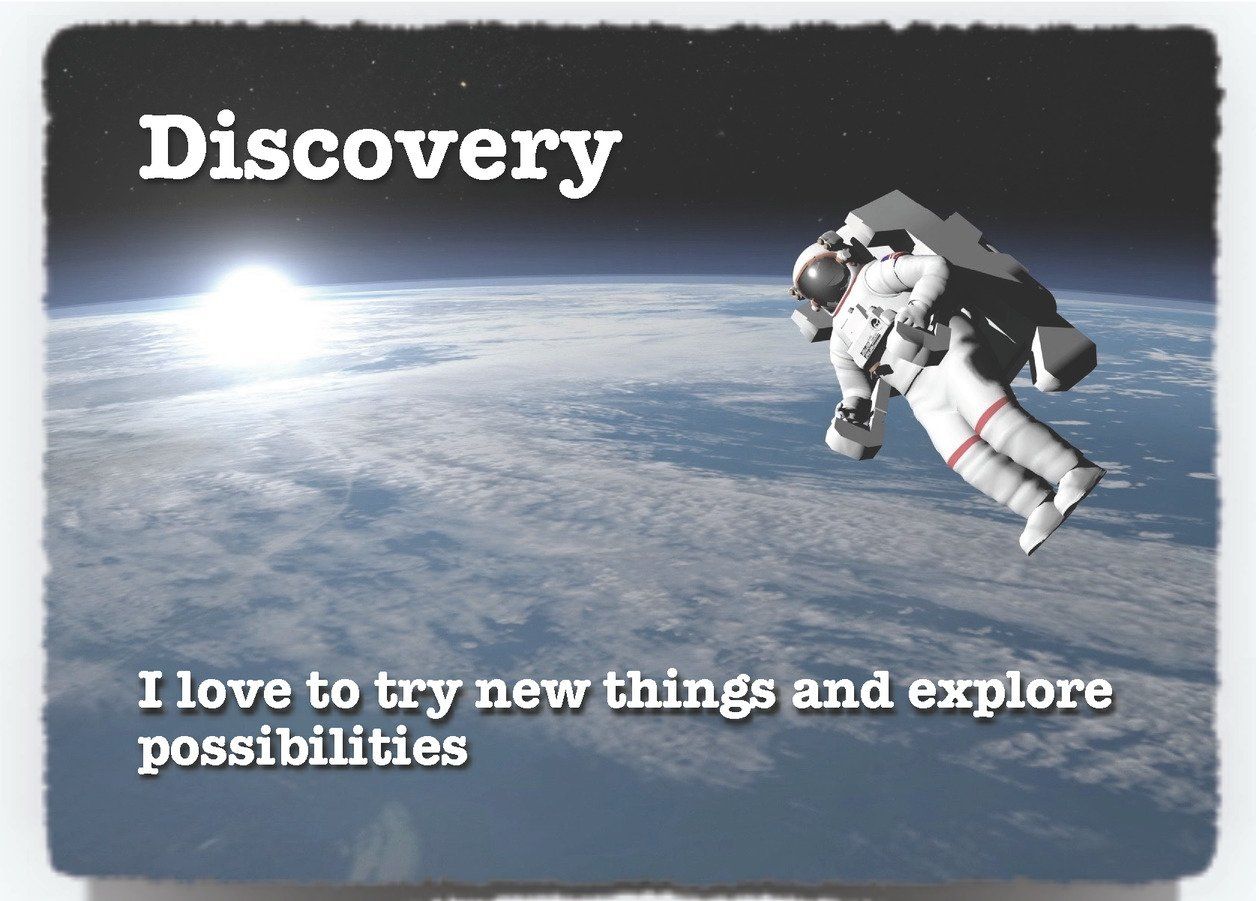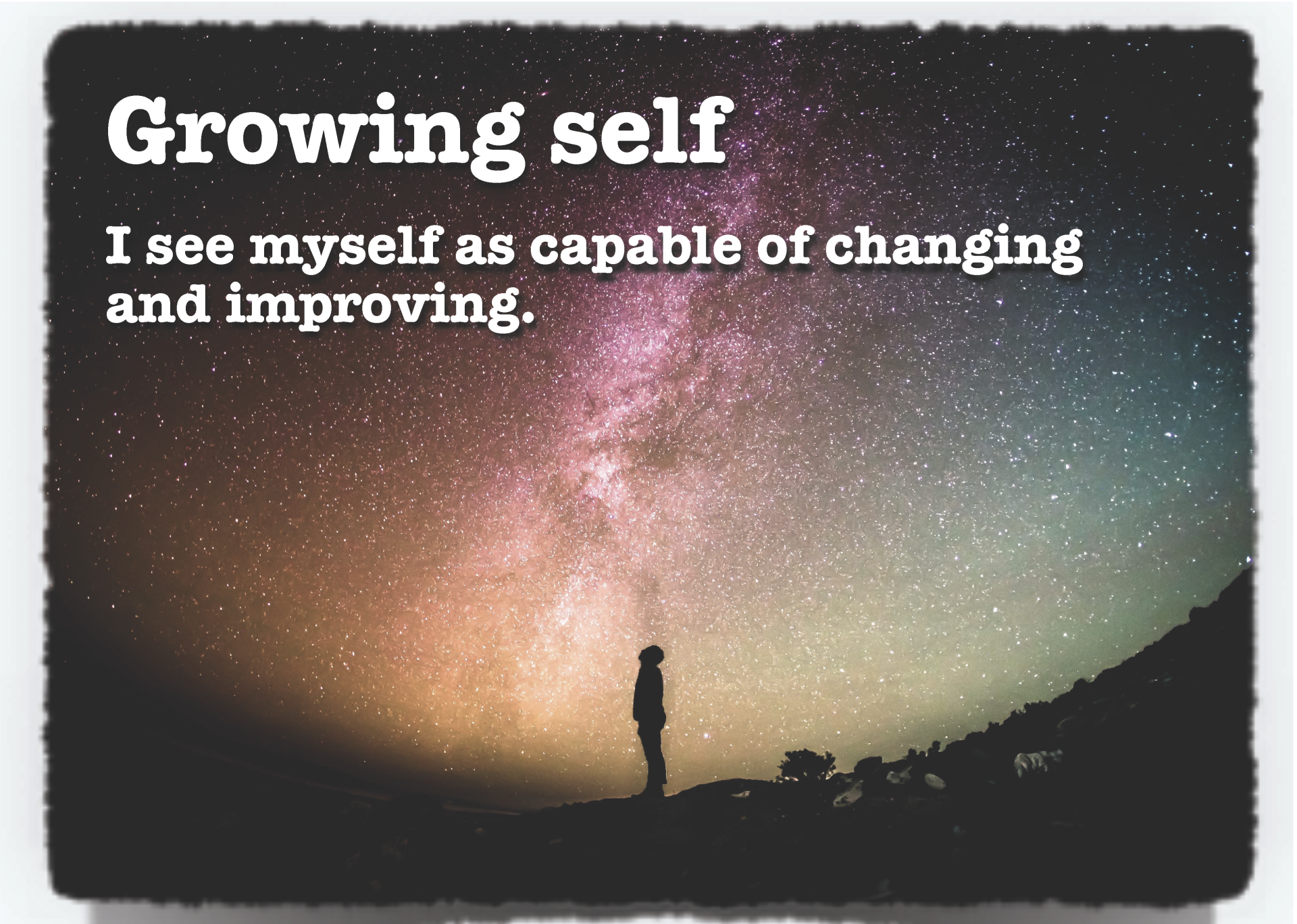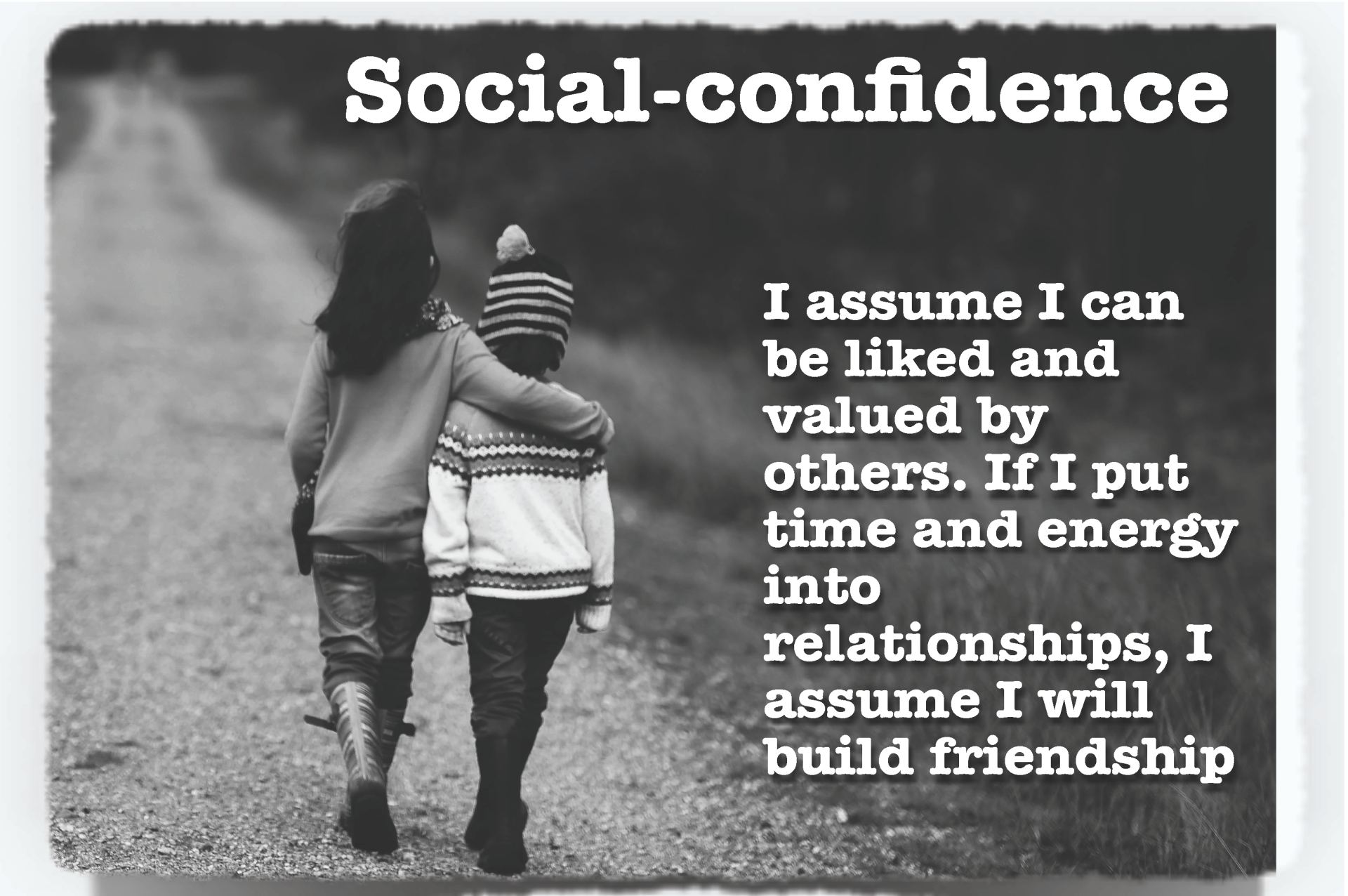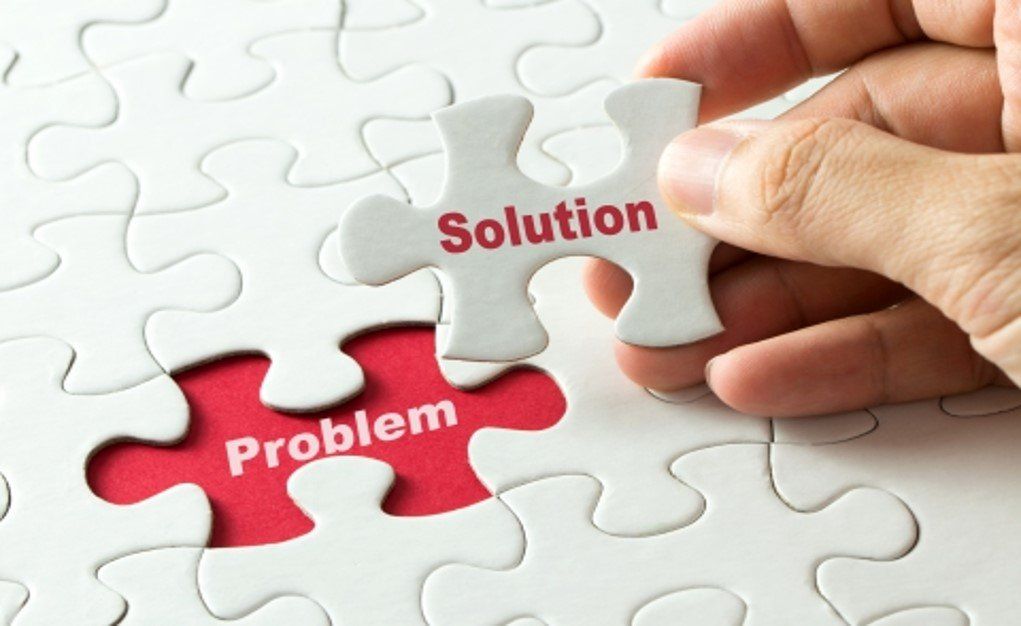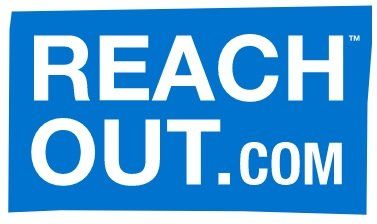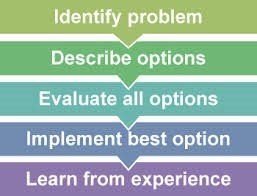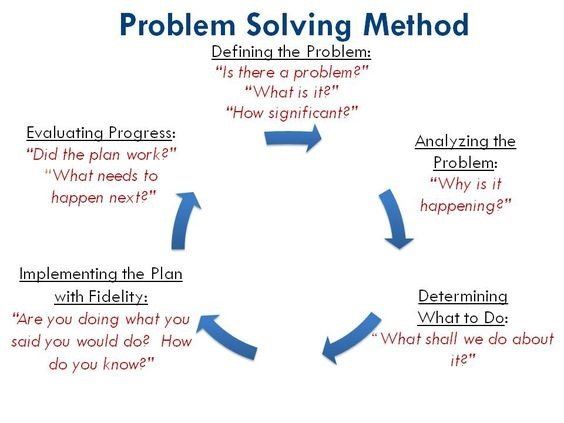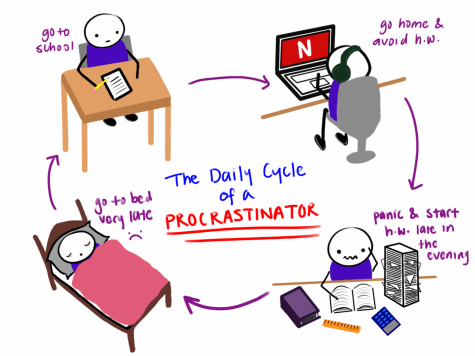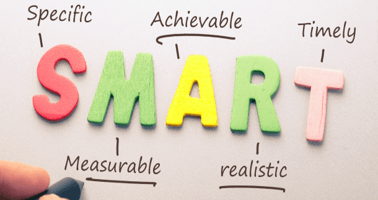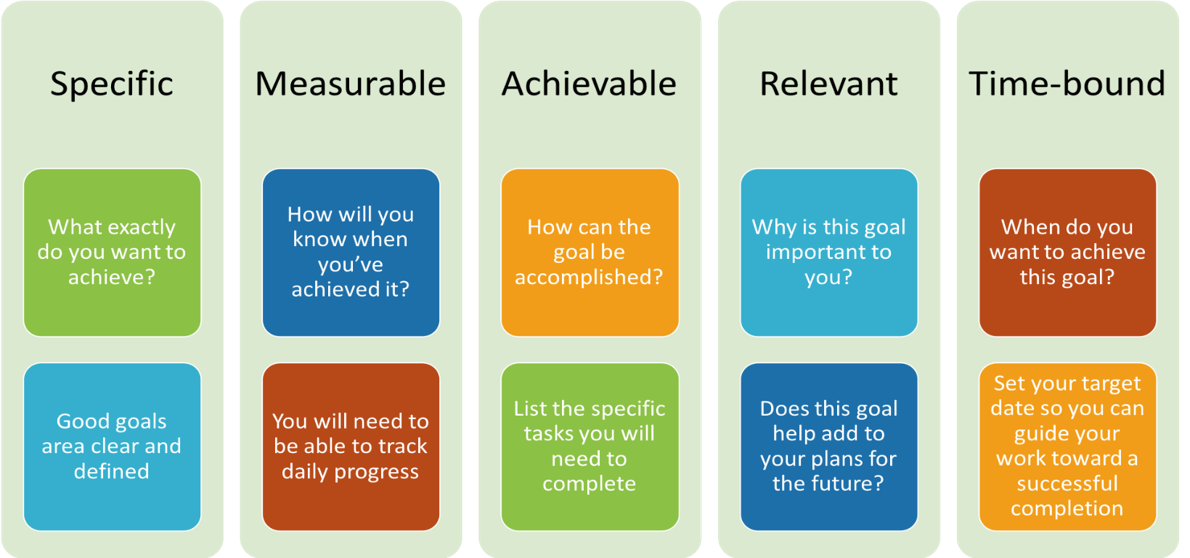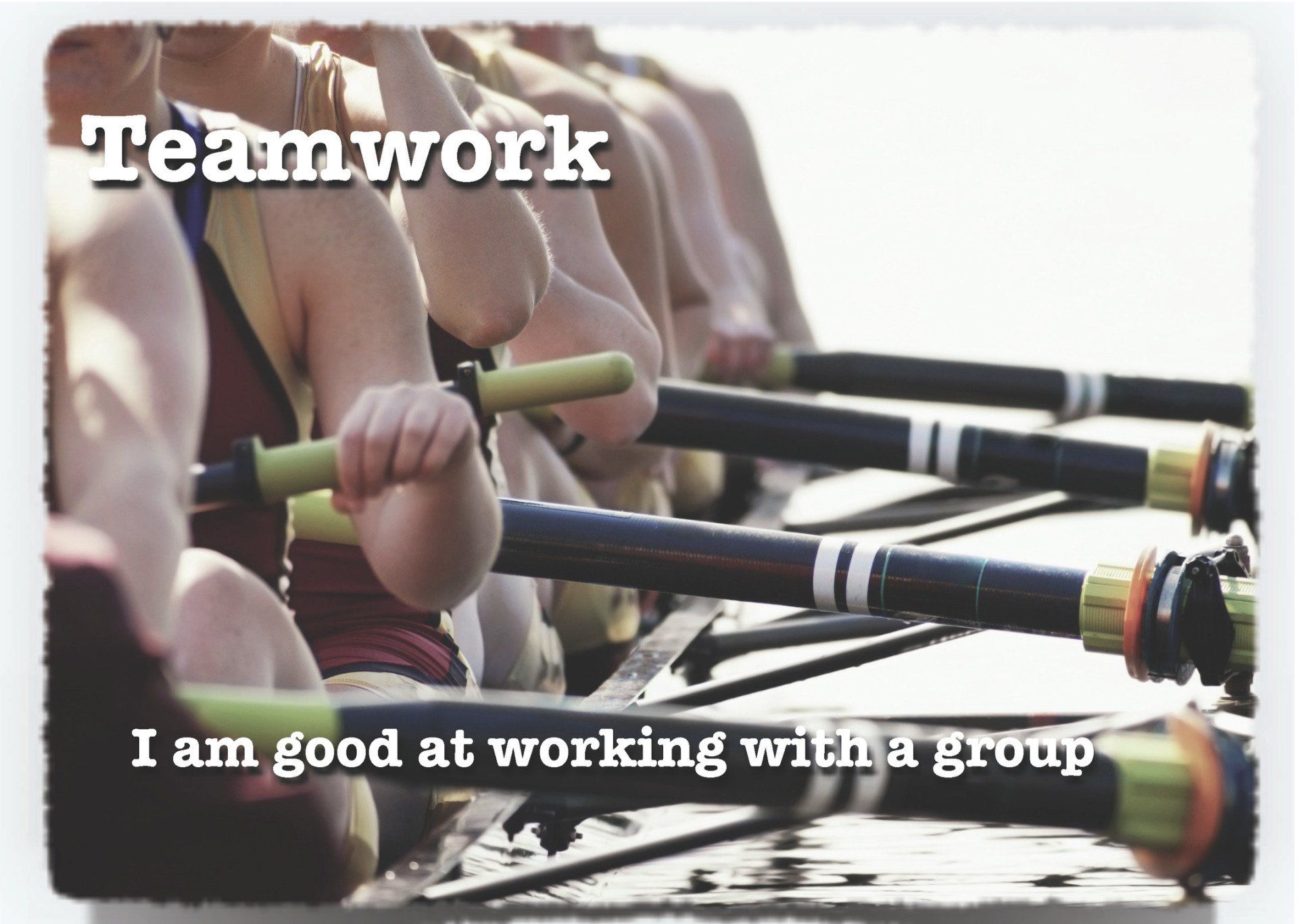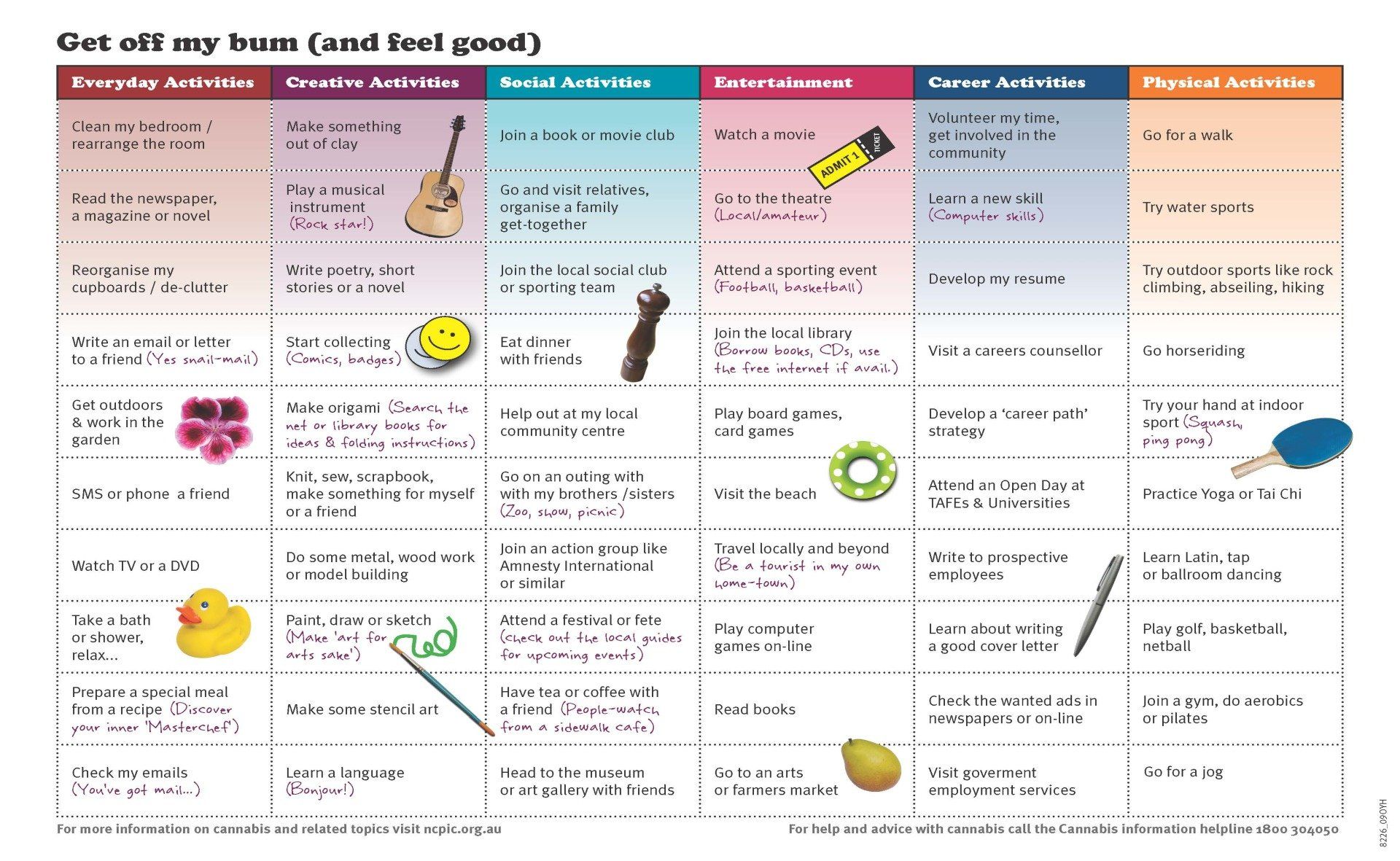Wellbeing eCoach
The following modules will teach you some simple ways to think more positively and tackle the issues that might be affecting the way you feel. The best part is it’s all online, it’s free and you can do it at home in your own time. Prefer some face to face support?
Make a referral so we can chat.
Keep Learning
Strengths
Why is identifying strengths important:
At times problems in our lives have a way of tricking us into thinking we don’t have strengths, or we can forget our strengths even though we may be using these in other areas of our lives. Identifying our strengths can be a powerful resource in tough times. At times we can become so problem focused, we lose sight of resources we already have that can help us through tough times.
If you exercise a muscle regularly it will become bigger and stronger.
Like muscles, working on knowing and understanding our strengths better helps us remember the things we are good at. It also helps us to strengthen and use our strengths more in tough times. By doing this we can assist in improving our own wellbeing and self-confidence.
Let's identify some of your strengths
To look at ways of identifying our strengths have a read of this document for some ideas before accessing the strength cards.
List of Services
-
1List Item 1
Although some of our strenghts are obvious to us, others go unnoticed. You can often spot your "invisible" strengths by noticing the things that energize you. Thinking about this past week, when did you feel most energized? What strengths were you using?
-
2List Item 2
Think about a few of your favourite hobbies or activities. What is it about these activities that you enjoy? How do these activities put your strengths to use?
-
3List Item 3
Sometimes other people are better at spotting our strengths than we are. Because we are so used to our own strengths, they can start to feel ordinary or unspectacular. What strengths or positive qualities have others shared about you? How did they notice these strengths?
-
4List Item 4
In what parts of your life have you had the most success? Don't think of success only in terms of career or income -- think of success as anything you have achieved, such as friendship, knowledge, or hapiness. What about yourself has allowed you to be successful in these areas?
-
5
Imagine a time you felt you were at your best. Describe what you were doing, and what about that situation made you feel confident. Compare this to a time when you felt uneasy, or a time you were not confident. What are the differences?
-
6
Think of someone whom you admire or respect. What are this person's greatest strengths? How do you know? Do you share any of these strengths?
-
7
Situations that rely on our weaknesses can leave us feeling drained and exhausted. What sort of situations cause you to feel this way? What weaknesses might be at the root of this?
-
8
When a person's goals align with their strengths, they tend to put forth more effort, and are more likely to be successful. Think about some of the goals you have for your future. How can you utilize your strengths to achieve each of these goals?
One way of identifying and looking at what strengths you would like to improve on - write down or note cards into piles:
Here are a strength cards few to give you some ideas, for the full list click this button to check out the rest of Louise Hayes strengths cards – published with permission.
Now lets make a plan – think about the strengths you have identified you have and the ones that you would like to work on, now pick 2 from each pile and write down a plan of how, when and where you have the opportunity to use these more in your current day to day life. Consciously look for opportunities everyday to use them more and more.
Another idea is to think of someone you really admire or aspire to be like. This could be a family member, sports person, teacher, friend etc. Now note down what are the strengths or qualities you see in this person. Note down which ones you may already have or ones you would like to build on or strengthen.
Identify a significant person in your life that if you asked them, what do you think they would say as your strengths?
Remember the point of focusing on our strengths is to is to bring our attention to what we do well, what we are good at. By doing this we become less ‘problem focused’ and more ‘strength focused’ and uncover more of our potential to thrive!
Values
Values are whats really important to us, they are sometimes hard to define principles that give us a sense of whats right and wrong. Have a think about what you do in situations, how you act and behave that make you feel the most fulfilled and satisfied? Is it helping others, being a loyal friend, being honest, getting physical, connecting with others….what is it that makes them so special? Usually its because you are living your values or whats most important to you.
Often when we are not feeling great it’s a sign we may not be living to our values. Instead we could learn to pause, to think about our values before we act. In this way you can reduce worry and conflict in life.
Have a read of the following list:
- Try to identify your top 5 values and how do you currently live these values in your life.
- Identify other values that you would like to develop and be more present in your life.
- Make a list of these and make a plan about what you can do to move towards the best you.
Acceptance
Achievement
Advancement & Promotion Adventure
Affection
Altruism
Arts
Awareness
Beauty
Challenge
Change
Community
Compassion
Competence
Competition
Completion
Connectedness
Cooperation
Collaboration
Country
Creativity
Decisiveness
Democracy
Design
Discovery
Diversity
Environmental Awareness
Economic Security
Education
Effectiveness
Efficiency
Elegance
Entertainment
Enlightenment
Equality
Ethics
Excellence
Excitement
Fairness
Fame
Family
Happiness
Fast Pace
Freedom
Friendship
Fun
Grace
Growth
Harmony
Health
Helping Others
Helping Society
Honesty
Humor
Imagination
Improvement
Independence
Influencing Others
Inner Harmony
Inspiration
Integrity
Intellect
Involvement
Knowledge
Leadership
Learning
Loyalty
Magnificence
Making a Difference
Mastery
Meaningful Work
Ministering
Money
Morality
Mystery
Nature
Openness
Peace
Personal Development
Personal Expression
Planning
Play
Pleasure
Power
Privacy
Purity
Quality
Radiance
Recognition
Relationships
Religion
Reputation
Responsibility & Accountability Risk
Safety & Security
Self-Respect
Sensibility
Sensuality
Serenity
Service
Sexuality
Sophistication
Spark
Speculation
Spirituality
Stability
Status
Success
Teaching
Tenderness
Thrill
Unity
Variety
Wealth
Your five most important values:
Please note that these will not be saved when you exit the page.
- What would your life look like if you were using these more in your life?
- Make a plan/goal around where you can use these more in your life - you could use our smart goals section to look to set out a plan to do this. (Can you link the word smart goals to the smart goals section in the following part of module?
When we use our values to make decisions, we make a deliberate choice to focus on what is important to us. When our values are closely aligned to the decisions we make or behaviours we do - we align ourselves with the future in which we want to experience, bringing more joy and fulfilment in life.
Aimed at young under 15 year old – try this clip on for size….If this is not your thing try the next one
Value vs goal life.
Problem Solving
Problem solving is an important tool to learn, it can help to resolve some of those tuff decisions you have been thinking or worrying about often. Approaching a problem the right way might not guarantee the solution you are ideally after, but at least it can help you feel better about making the best choice possible, considering the info you have. Problem solving might even be one of the most useful skills you can learn in life.
Lets face it at some point in your life you are going to have to make some really difficult decisions, it could be as simple as dealing with drama from friends or family, conflict, partner stuff or bigger stuff than that.
When we think about making changes, most of us don’t really consider all sides of the decision and its consequences. Often we often do what we think we ‘should’ do, avoid doing things we find uncomfortable or don’t feel like doing or just feel confused or overwhelmed and give up thinking about it completely. Thinking through the pros and cons of both changing and also not making a change is one way to help us make sure we have fully considered all aspects of change.
| Benefits/Pros | Costs/Cons | |
|---|---|---|
| Making a change | ||
| Not changing |
Please note that these will not be saved when you exit the page.
Goal Setting
Does your work or study space look or feel like this?
Feeling overwhelmed with everything you need to do?
Is your to do list growing rather than reducing, struggling to fit everything in from school, friends and family pressures, or is it the opposite and you procrastinate and do nothing …when you know you have things you need to get done.
Sound or look familiar?
Setting and achieving goals means we get more of what we want (free time, chilling with friends, more social media, time to shop etc) and less time doing the things we may not want (homework, chores, nagging parents and teachers) By using our time wisely on the things we want to avoid – we make more room for the fun things in life.
Sometimes things hit us all at once or can pile up on us and we can feel overwhelmed, stressed, anxious and stuck. Learning a few basic goal setting strategies can help us to achieve our goals faster and easier.
- The easy way to make a goal achievable is to define it clearly, make it easy to understand, and have enough information so you know exactly when you have achieved it.
- Using the SMART goal strategy will help to really define what you want to achieve
- It can help with motivation by helping you to think about why you want to achieve your goal
- Get to the nitty gritty of what you need to complete
- Keep a focus on the end result
- And who doesn’t like a bit of healthy pressure due to a timeframe!
Or check out reachouts 10 ways to get things done:
Find some social media – app or insta – for goal setting inspiration to keep the dream alive.
Interests
When are you the happiest? When do you feel the most content or in the moment happy?
So what are you doing when you feel the best?
Are you doing a sport, hobby, creative activity, using social media, gaming, something with your family, around friends?
There is a diverse range of interests that may bring you joy and happiness.
When we have interests, hobbies, enjoyable activities in life that we do regularly, it helps to make us feel grounded, to feel motivated, to be excited and energized for life. Enjoyable activities could be things you do in school like choir, drama, music, art or sports clubs. It could be things you do outside of school like sports, hobbies, photography, being in nature, exercise, time with animals, music and dance. It could be something with your family like eating a meal together, it could be social media based like time viewing or posting things on Facebook or Instagram, gaming maybe. Is this jogging your memory about how you feel when doing these activities?
Variety is the spice of life here – having none or only one activity that you really enjoy – say gaming, is not always that helpful. It’s great that you have found something that really takes your interest, but what happens when you get bored of gaming, or it’s getting in the way of getting a job or doing your homework. If your one interest in like is a sport – what happens if you have an injury preventing you from playing a sport for a while, where do you find your happy place then? That’s why we suggest its important to have a variety of interests in life so when one door might close you still have another way of getting your good feels.
How many times have you looked at someone playing a sport, an instrument, painting a picture…and though I wish I could do that? Well now is the time to try it to bring some more enjoyment back into your life.
Interests are sooo varied it would be too hard to list them, all on here. Here are a few ideas to get you started searching for your new interest/s.
- google fun hobbies or sports
- Seen anything fun on Instagram or Facebook lately you would like to try
- What do your friends enjoy doing you might be able to tag along with
- Anything you have seen on TV or a movie lately that has sparked your interest
- Anything family members do that you would like to get involved in
- Is your interest lye more in the creative field – playing an instrument, art, dance, drama etc
- Do you enjoy more physical team based activities – rugby, soccer, netball, touch etc..
- Do you prefer individual sports like cycling, mountain biking, rowing, squash, running, athletics
- Do you love to be social – dance groups,
- Love animals – walk your dog, offer to walk a neighbours dog, play with your cat, feed a bird,
- Need some nature time – join a tramping group, surf club, kayak club, find a local nature walk, town gardens, a local beach, river or lake.
If sports is your thing try sportNZ website for sports ideas and what is available in your area.
